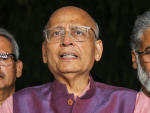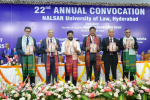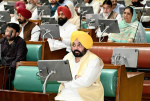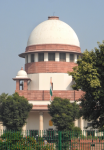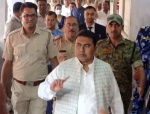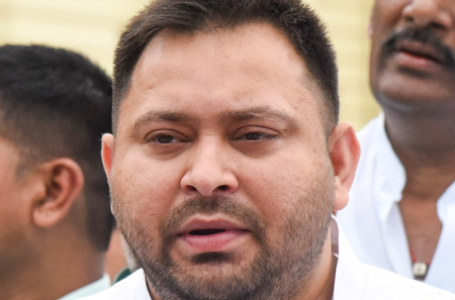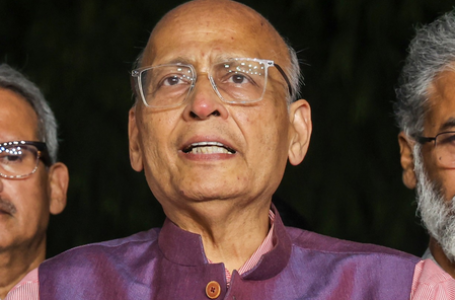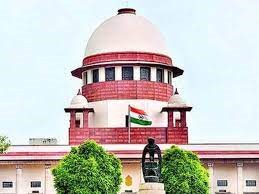
- The plea by BJP leader and advocate Ashwini Upadhyay seeks stringent steps to tackle forceful religious conversions
- Critics are of the view that the stringent anti-conversion law is against the fundamental rights of an individual
- In an affidavit submitted to the court, Centre said “right to freedom of religion does not include a fundamental right to convert other people to a particular religion”
In a curious case which will have far-reaching implications, the Supreme Court on Monday reaffirmed that forced religious conversion is a serious issue, asking the Union government to file a detailed affidavit after collecting information from the state governments on the anti-conversion laws.
The Centre replied that it is collecting information from states on religious conversion. Solicitor General Tushar Mehta sought time to furnish detailed information on the issue. A bench of Justices MR Shah and CT Ravikumar posted the matter for hearing on December 12.
The top court was hearing a plea filed by advocate Ashwini Kumar Upadhyay, former BJP spokesperson, seeking direction to the Centre and states to take stringent steps to control fraudulent religious conversion by “intimidation, threatening, deceivingly luring through gifts and monetary benefits”.
According to the Bar and Bench, when a lawyer questioned the maintainability of the plea, the bench said, “Do not be so technical. We are here to find a solution. We are here for a cause. We are here to set things right. If the purpose of the charity is good then it is welcome but what is required to be considered is the intention.”
“Do not take it as adversarial. It is a very serious issue. Ultimately it is against our Constitution. When everyone stays in India, they have to act per the culture of India,” the bench observed.
The Supreme Court last month had said that forced religious conversions “are dangerous” and they affect the security of the nation and asked the Union government to apprise the court of the measures being taken to prevent such occurrences.
On September 23, the SC issued notices to the Union ministries of home affairs, and law and justice, to file their counter affidavits, reported the Hindustan Times. However, there was no affidavit filed by the Centre when the matter was taken up by the bench in November.
Critics have dubbed the stringent anti-conversion law is against the fundamental rights of an individual, but the BJP and right-wing people argue that the missionaries and Muslims are engaged in conversion by force or allurement.
Notably, the Narendra Modi government has already submitted a formal affidavit declaring that the “right to freedom of religion does not include a fundamental right to convert other people to a particular religion”. A number of states ruled by the BJP have already enacted stringent laws criminalising religious conversion.
-INDIA NEWS STREAM



